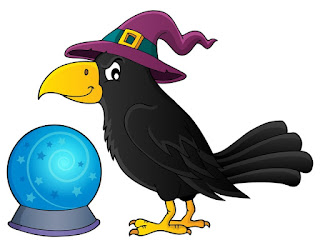I live in Nagoya, one of the biggest cities
in Japan. My house is far away from downtown Nagoya, almost at the city’s edge.
But we have an hourly bus service that directly take us to and from the
downtown area. The trip takes one hour.
My late father took my mother, who had Alzheimer’s
disease, to downtown Nagoya every week with this bus service.
My father was hearing-impaired. He
couldn’t learn text messaging, but I let him have a cellphone. He couldn’t hear
the phone, but he could understand how to make a phone call with it. My mother
also couldn’t understand how to use the cellphone. She had acute hearing
though. If my father handled the cellphone, my mother could talk with me on it.
My mother couldn’t remember a thing from the conversations, but she could talk
to my father in a loud voice. They used the cellphone with great teamwork.
Once, when they
had an accident, I could talk with the person who helped my parents. The
cellphone made it easy. Even if aged people can’t use them, it is good to let
them have cellphones.
We also used a GPS service that kept me
informed of the cellphone’s location, but unexpectedly we never received any
benefit from the service.
One night, while I was scrolling through
the contents of my father’s cellphone, I found an unbelievable record in it—a pedometer recording. The pedometer showed
that my father moved just 4 steps that day. He had gone downtown with my mother—the bus stop is 500 meters away from our
house—and they had bought me presents. He would have walked around downtown at
least. How could the cellphone count just 4 steps?
My father had difficulty walking. He didn’t
use a cane, but he walked very slowly. He couldn’t raise his feet; he almost
slid them along. The pedometer couldn’t count his steps because he walked very
gently.
I also tried it—it is possible to move without a pedometer’s
counting.
My house is located in an excellent place,
just four steps away from downtown!
I have thought of a unique game—all players need to bring a pedometer and
then move from the start line to the opposite wall as quickly as possible, but
the steps should not be counted by the pedometer. All people, including the
elderly and children could enjoy the game. It would be exciting!
Picture by Bado International



